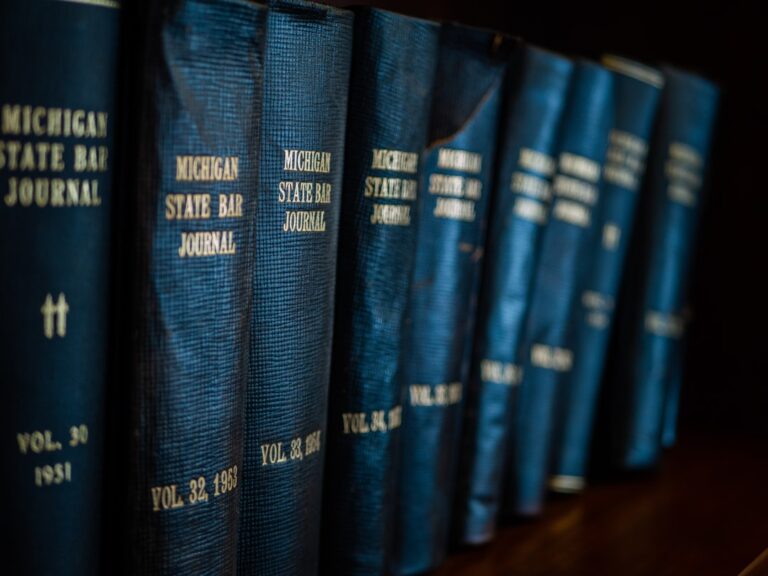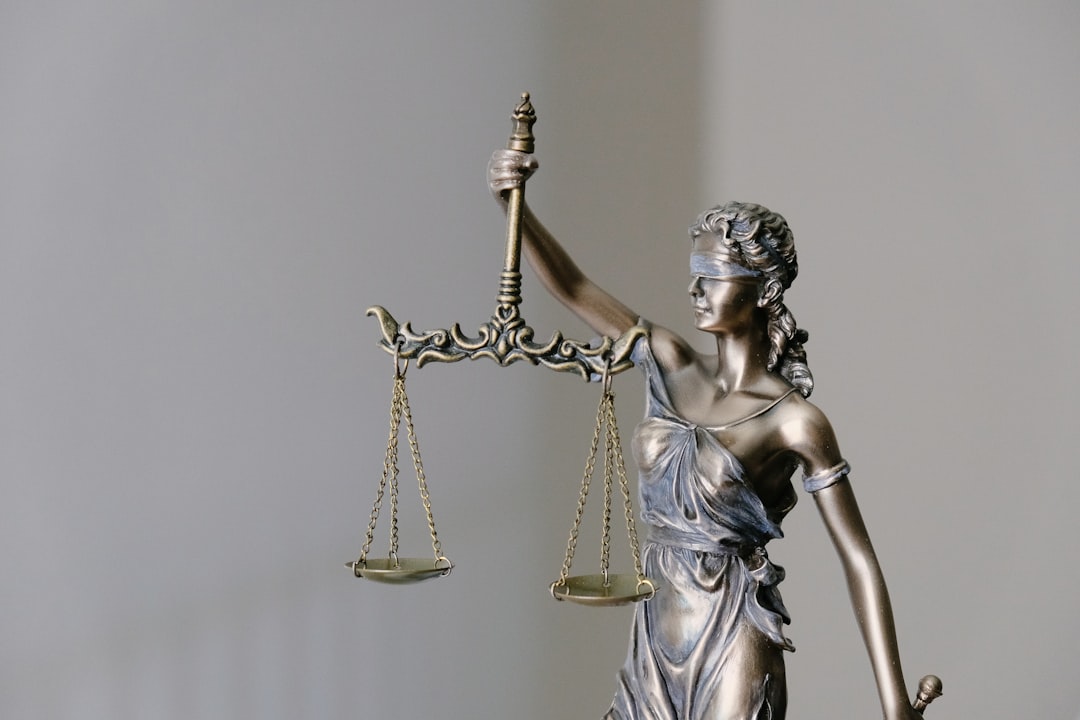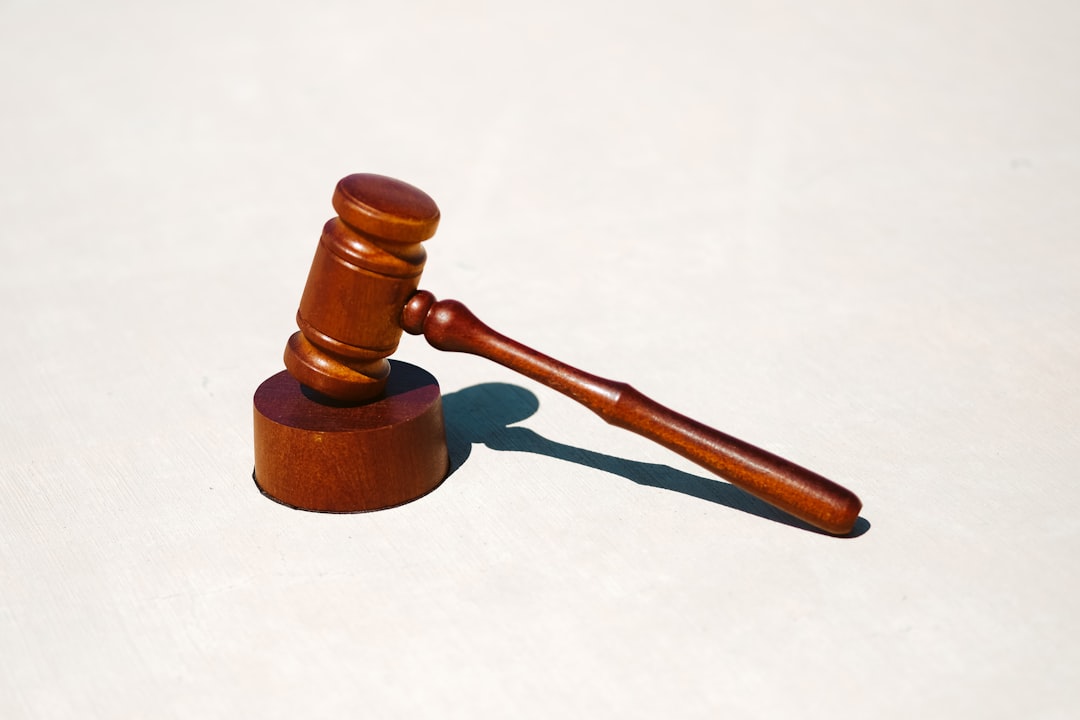In Arkansas, sexual abuse cases within educational institutions follow strict legal procedures. Victims file criminal complaints, leading to investigations, evidence gathering, and charges if allegations are supported. A dedicated school abuse attorney in Arkansas guides victims, protects their rights, and prepares defense strategies. Participants include teachers, students, parents, and school districts, each playing a crucial role. Successful trials can result in compensation for survivors' medical, counseling, and emotional distress damages, with legal support continuing for long-term healing and rights protection. School abuse attorney Arkansas is key to navigating these sensitive cases.
In Arkansas, sexual abuse trials in schools involve a complex legal process designed to protect survivors and ensure justice. If you’re considering hiring a school abuse attorney in Arkansas, understanding what happens during such trials is crucial. From the roles of teachers, students, parents, and school districts to the presentation of evidence and testimony, this guide breaks down each step. Additionally, learn about potential outcomes and available support for survivors after a trial.
Understanding the Legal Process in Arkansas for School Sexual Abuse Cases

In Arkansas, cases involving sexual abuse within educational institutions are taken seriously and adhere to specific legal procedures. When a victim chooses to press charges against a school official or employee for sexual misconduct, a trial is initiated. The process begins with filing a criminal complaint, which triggers an investigation by local law enforcement. During this phase, crucial evidence is collected, witness statements are recorded, and the accused is identified. If the evidence supports the allegations, an arrest warrant may be issued, leading to a formal charging of the defendant.
A school abuse attorney in Arkansas plays a vital role in guiding victims through this complex legal landscape. They ensure that the victim’s rights are protected, assist with gathering evidence, and prepare a robust defense strategy. The trial itself involves presenting witnesses, examining evidence, and arguing legal points before a judge or jury. The outcome can range from an acquittal to a conviction, depending on the strength of the case and the court’s interpretation of Arkansas’s sexual abuse laws.
Roles of Key Participants: Teachers, Students, Parents, and the School District

In a sexual abuse trial in Arkansas, various participants play crucial roles in ensuring justice and holding accountable those responsible for such heinous acts. Teachers bear witness to suspicious behaviors or patterns among students, which may trigger investigations. They are expected to report any concerns to appropriate authorities, cooperate with law enforcement, and provide evidence during trials. Students, often vulnerable victims, require support and protection throughout the legal process. Their testimonies, while challenging, are essential in establishing the facts of the case. Parents act as advocates for their children, closely following the proceedings, and ensuring their child’s well-being is a priority. They may collaborate with school officials, legal professionals, and support groups to navigate the complex trial process.
The school district, as an institution, must respond appropriately to reports of sexual abuse within its premises. This involves conducting thorough investigations, providing counseling services, and implementing safety protocols to prevent future incidents. During trials, representatives from the school district may be called to testify about policies, procedures, and efforts made to address such issues. The presence and participation of these key participants are vital in Arkansas school abuse cases, where a school abuse attorney works diligently to protect the rights of victims and seek justice.
Evidence and Testimony: What to Expect During a Trial

During a school sexual abuse trial in Arkansas, evidence and testimony play a crucial role in establishing the truth. A school abuse attorney will present a comprehensive case by gathering various types of evidence, including physical records, witness statements, expert opinions, and forensic data. This could involve school records detailing student conduct and disciplinary actions, medical reports from examinations, and detailed accounts from teachers, staff members, or other students who may have witnessed or were aware of the abuse.
Testimony is another critical component. Victims, accused individuals, and various experts will provide statements under oath. This includes the victim’s account of the abuse, the school’s response to the incident, and expert analysis on topics such as trauma, child psychology, or medical findings related to sexual assault. The trial will be a structured process guided by strict legal procedures, ensuring fairness and adherence to legal standards, with the goal of reaching a just verdict.
Potential Outcomes and Support for Survivors After a School Abuse Trial

After a school sexual abuse trial in Arkansas, several potential outcomes can emerge. If the plaintiff is successful, the court may order compensation for damages suffered as a result of the abuse, which can include both monetary and non-monetary forms of relief. This might involve financial compensation for medical expenses, counseling costs, and other related expenses, as well as non-economic damages like emotional distress and pain and suffering. The survivor’s life is forever altered, and these outcomes aim to provide closure and support for their continued healing journey.
Support for survivors is crucial after such a trial. Many survivors struggle with post-traumatic stress disorder (PTSD), anxiety, depression, and other mental health challenges. A school abuse attorney in Arkansas can help connect survivors to local resources like counseling services, support groups, and advocacy organizations dedicated to assisting individuals who have experienced sexual abuse. Additionally, ongoing legal support may be necessary for survivors to navigate any potential long-term consequences, such as academic or career impacts, and to ensure their rights are protected moving forward.





